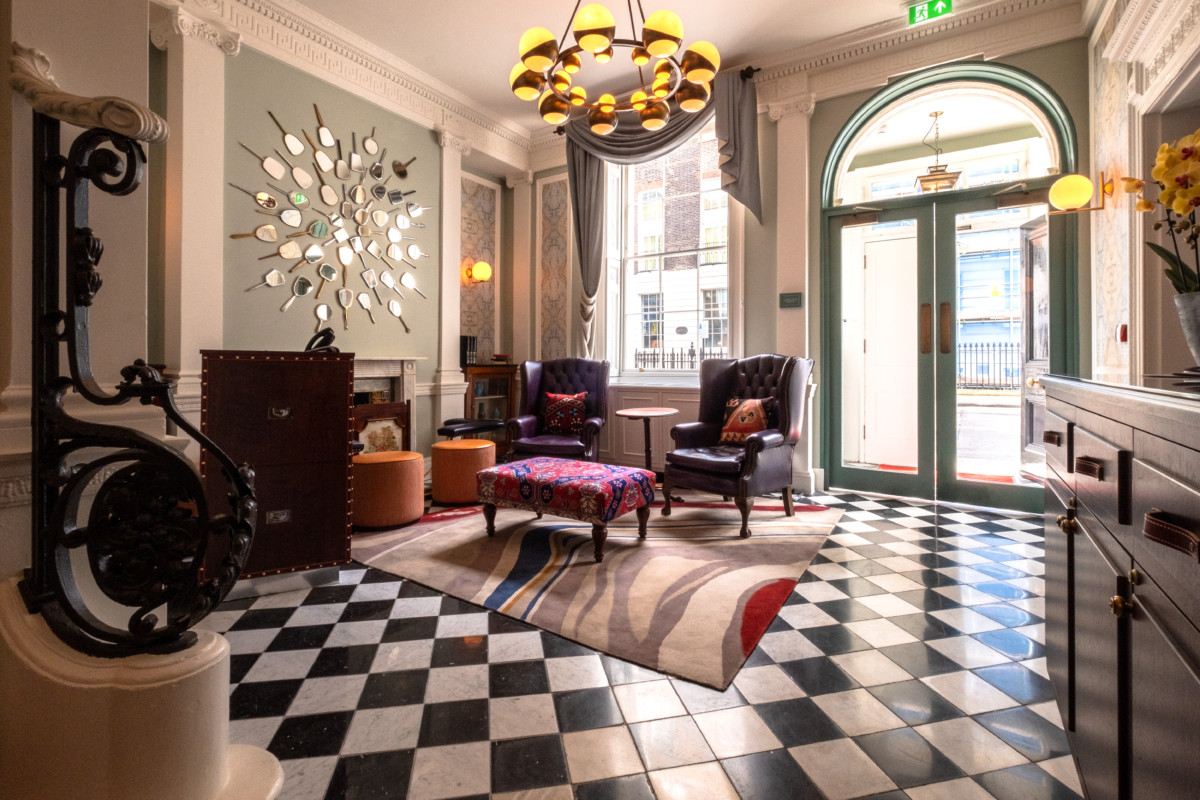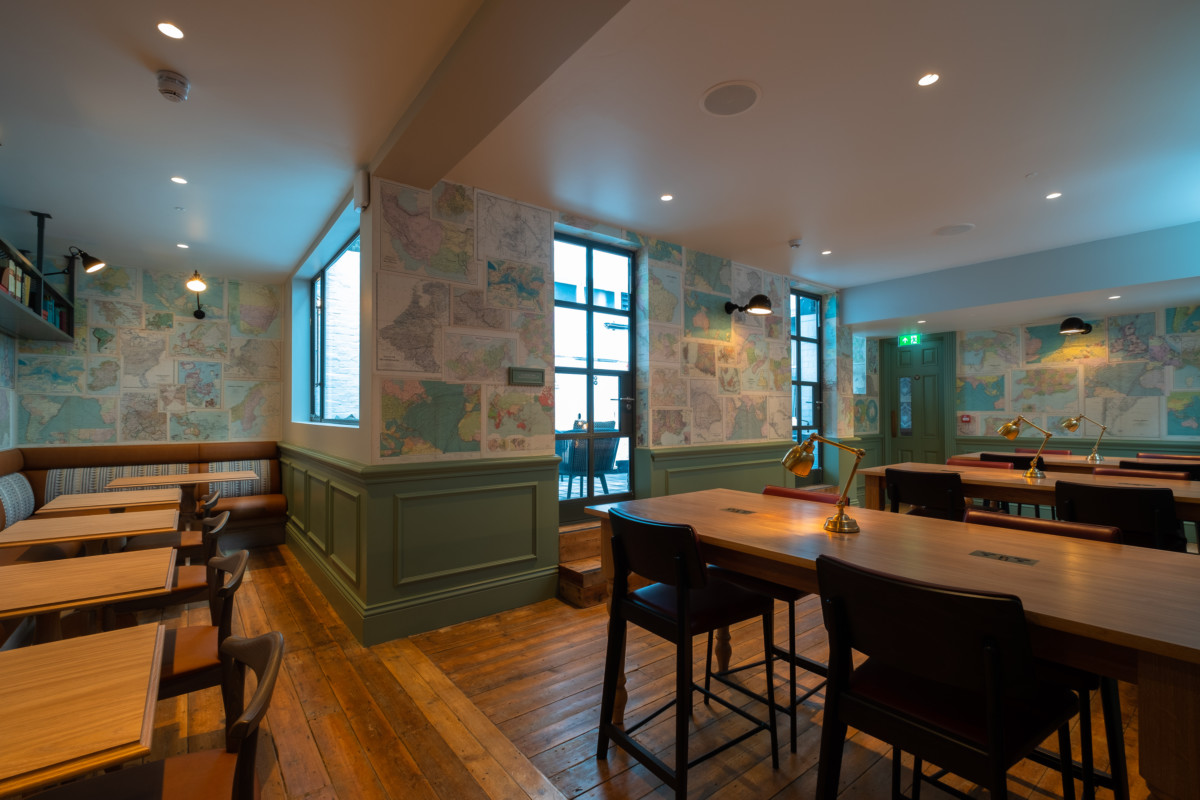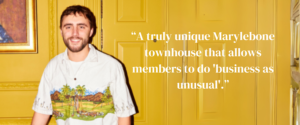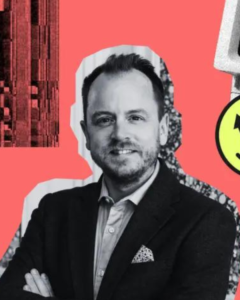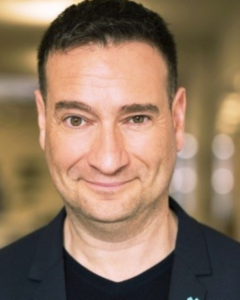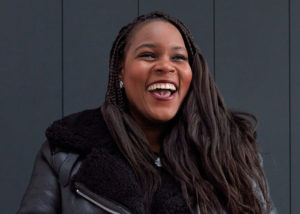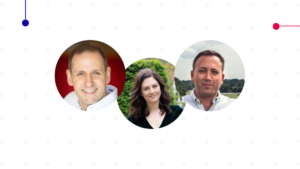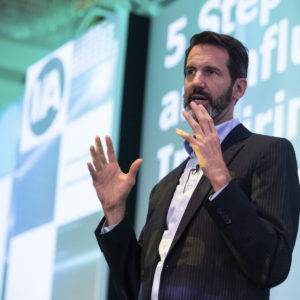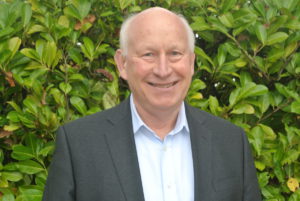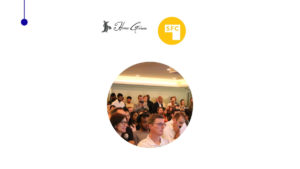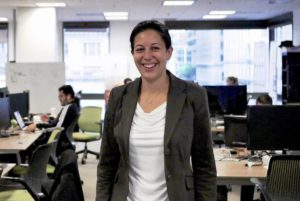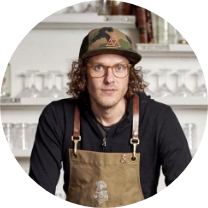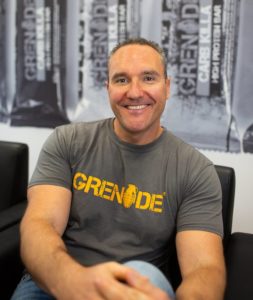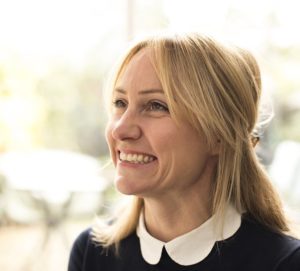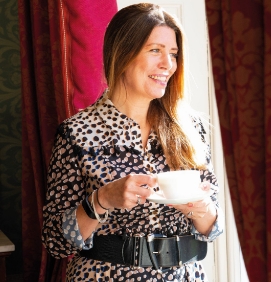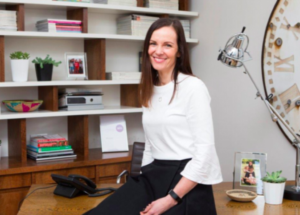A roundup from Dame Til Wykes, Professor of Clinical Psychology and Rehabilitation at King’s College
INSIGHT FOR INVESTORS
It’s estimated that over one billion people globally have a mental, neurodevelopment or substance use disorder (IHME, 2017). Is technology leading the charge toward a mental health revolution? And where will we see opportunities for growth and investment?
There are signs that tech will be the next big battleground for the pharmaceutical industry. “Pharmaceutical companies are now getting interested in tech. They’re seeing it as another arm of their work,” Wykes observed. “Given the general lack of evidence of drugs and the negative consequences we’ve had of giving out adult drugs to children, [the young person’s field] is a space pharmaceutical companies are likely to start getting into.” Half of all mental illness begins by the age of 14, but most cases go undetected and untreated (WHO, 2018).
There are many ways in which tech could help support people with mental health issues. “In stepped care, you might want to introduce some form of app to help people self-manage before they come into formal health services,” Wykes explained. “But you could use the same kind of app as people come out of mental health services as well, to help with their recovery and to maintain their functioning.”
King’s College London is currently conducting RADAR-CNS – a new collaborative research programme that will explore the potential of wearable devices to help prevent and treat depression, multiple sclerosis and epilepsy. “In the study, we’re using tech to see if we can predict problems in mental health – in particular, predicting whether people with depression will have a relapse,” said Wykes. “That way, we can get in quick and provide them with treatment. And we know that faster treatment means that you’re going to have a faster recovery.”
The insurance industry also stands to benefit from embracing tech-fuelled treatments. Blended care – with a tech intervention, plus formalised clinical care – “may be a cheaper way of providing services” for insurers, Wykes noted. She suggested that insurers “pay for randomised controlled trials to find the benefit [of the technologies], so they know which ones to recommend”.
Healthcare Apps: Strategies for Success
Healthcare apps have flooded into the mental health space – there are 325,000 so-called health apps, 78,000 of which were added last year. However, “we do not know whether they provide benefits”, Wykes warned. “Stars on the app store do not indicate whether something actually helps… If there are any plans to develop any mental health interventions, there must be a user group to provide the right feedback.”
“If you are a responsible app developer, you will be working out which areas are the key ones that people need help with,” Wykes pointed out. “It’s a commercial advantage to do that, as it’s likely the app will be feasible and effective. Always engage before you start – not when you’ve got the idea and you’ve mapped out the software program you want to involve. Do it now.”
“Users want to know what data is collected, whether it’s safe and who is using it,” Wykes continued. “We need to know how the app was developed, efficacy and dosing in the app. All of that information should be provided by developers at the point of sale. When we download the app in an app store, we should be given that information, so that we can balance up [the risks and benefits]. Some people will agree to share data if they know the benefits are high. It needs to be information that people understand, not ‘legalese’ within a long set of terms and conditions, which nobody is going to wade through.”
Content provided by King’s College London from Web Summit 2018 in Lisbon. View the original article here.
Related articles




A one-stop-shop for entrepreneurs and investors. What really sets Home Grown apart is their members’ events which provide access to valuable insights and support scaling founders on their growth journey.Richard Farleigh, Entrepreneur and Former BBC Dragon's Den
It’s always a delight to meet, network and entertain amidst the generally relaxed vibes that radiates throughout Home GrownGladstone Small
Home Grown is immersed with an overflowing energy, unrivalled facilities yet the club has a certain uniqueness.Luke Reed
What a special delight and home from home! I stay here whenever I come to London and their Scale-up events are on the money.John Courtney
We are all crying out for opportunities to bump into other people, to spark ideas off them that make us happier, more fulfilled and more imaginative: Home Grown is a forum for just this creative serendipity.Tas Tasgal
Home Grown is more to me than just my office in London. It’s a community. It’s a place to network with other business people. But most of all it’s got that super friendly and positive vibe that you just can’t wait to get there each time.Neil Thompson

